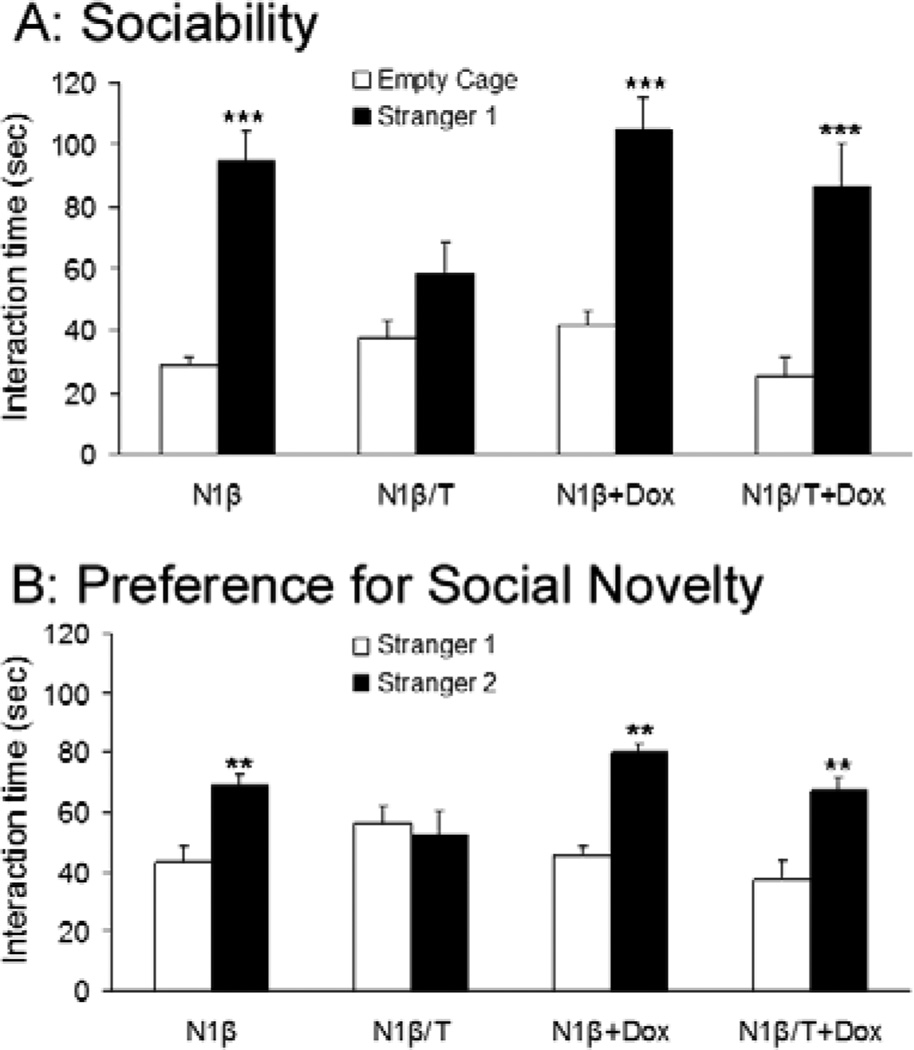Figure 5. Impaired social interaction of Tg-N1β/T mice.
(A) The sociability test was conducted by comparing the time a test mouse (Tg-N1β/T or Tg-N1β mice) spent investigating a novel juvenile mouse (Stranger 1) versus an empty cage in the testing chamber. Tg-N1β/T spent same amount of time investigating Stranger 1 and the empty cage, whereas the Tg-N1β control group spent significantly more time with Stranger 1 than with the empty cage. After the test, the same groups of mice were treated with Dox for one month before being retested in the same paradigm and showed similar sociability as the control group. (B) The test of preference for social novelty was conducted by placing the test mouse in a cage with the previously encountered mouse (Stranger 1) and a novel mouse (Stranger 2) in the same testing chamber. The time spent exploring Stranger 1 and Stranger 2 was recorded and Tg-N1β/T mice spent an equal amount of time with both strangers, while the Tg-N1β control group preferentially interacted with Stranger 2. The Dox-treated groups showed similar preferences as the control group (n=12 mice in each group, **: p<0.01, ***: p<0.001; two-way ANOVA with Tukey’s post hoc test).

